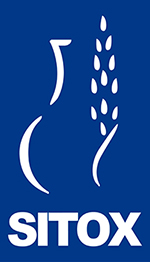An acute and severe immunodeficiency syndrome due to a pancreatic ACTH-producing tumor

Submitted: 11 February 2013
Accepted: 11 February 2013
Published: 19 July 2012
Accepted: 11 February 2013
Abstract Views: 1037
PDF: 1113
Publisher's note
All claims expressed in this article are solely those of the authors and do not necessarily represent those of their affiliated organizations, or those of the publisher, the editors and the reviewers. Any product that may be evaluated in this article or claim that may be made by its manufacturer is not guaranteed or endorsed by the publisher.
All claims expressed in this article are solely those of the authors and do not necessarily represent those of their affiliated organizations, or those of the publisher, the editors and the reviewers. Any product that may be evaluated in this article or claim that may be made by its manufacturer is not guaranteed or endorsed by the publisher.
Cevenini, M., Guidetti, E., Cacciari, G., Ruggeri, E., Campana, D., Tomassetti, P., & Corinaldesi, R. (2012). An acute and severe immunodeficiency syndrome due to a pancreatic ACTH-producing tumor. Emergency Care Journal, 8(2), 19–22. https://doi.org/10.4081/ecj.2012.2.19
PAGEPress has chosen to apply the Creative Commons Attribution NonCommercial 4.0 International License (CC BY-NC 4.0) to all manuscripts to be published.


 https://doi.org/10.4081/ecj.2012.2.19
https://doi.org/10.4081/ecj.2012.2.19







